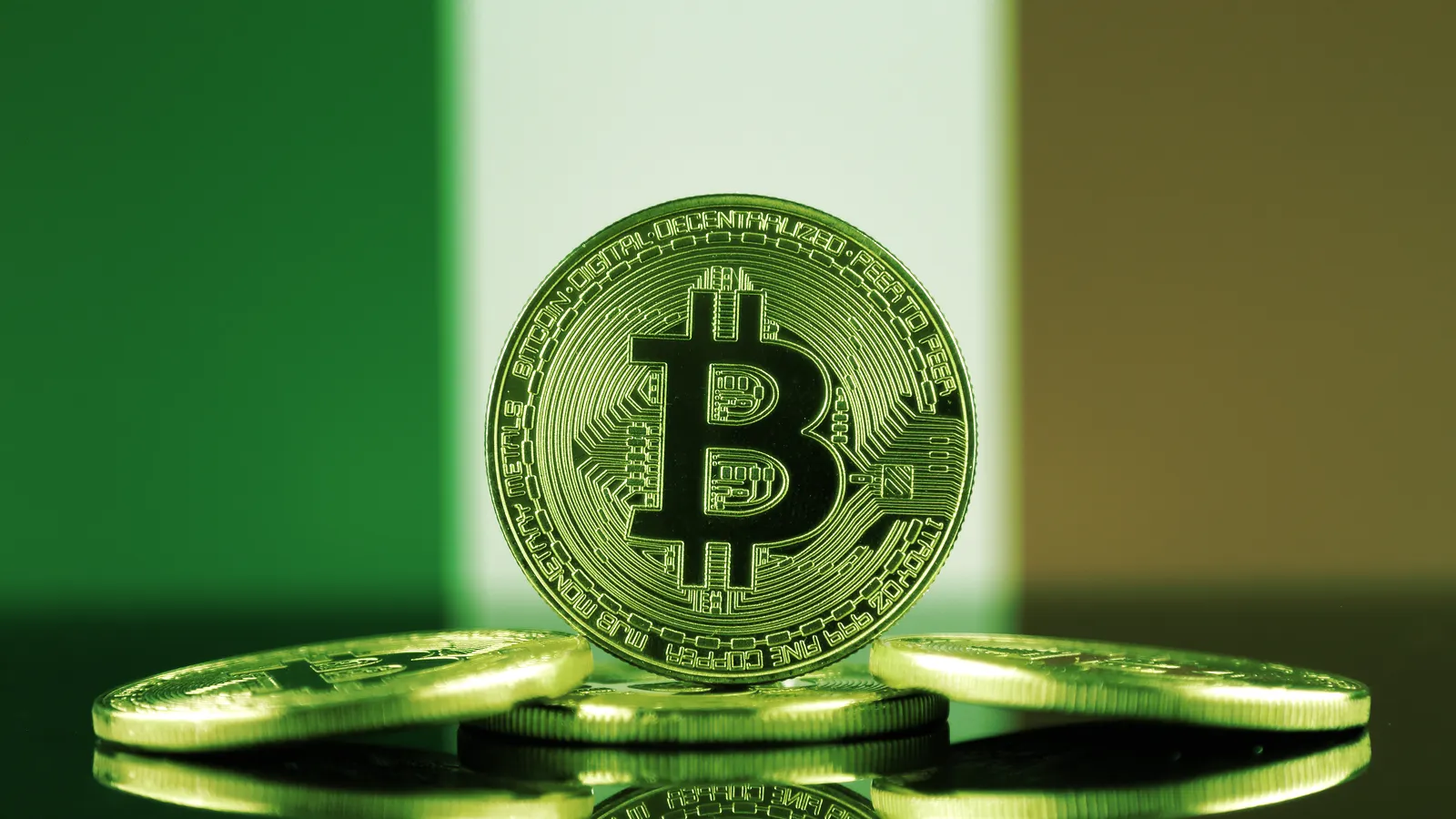In brief
- Paolo Savona, Italy's securities market regulator chairman, said crypto is a tool used by criminals to launder money and finance terrorism.
- But, he said, “the genie [is] out of the bottle,” and crypto can’t be stopped; its risks should be mitigated through regulatory measures.
Paolo Savona, the chairman of Italy's securities market regulator, Consob, said that the widespread use of cryptocurrencies has become a threat, and the country must introduce new rules to regulate it.
"Without proper oversight, there may be a worsening in market transparency, the basis of legality and rational choice for (market) players," the Consob chairman said today at the agency's live-streamed annual report presentation.
Crypto may be a tool for crimes such as money laundering, tax evasion, terror financing, and kidnapping, he warned.
But “the genie [is] out of the bottle,” Savona said, “and the authorities will not be able to bring it back in because it acts in the immaterial sphere that can only be controlled by changing the [...] protocol.”
Savona suggested there are some 4,000-5,000 cryptocurrencies in circulation without any form of regulation—in fact, there are more than 10,000, according to CoinMarketCap.
"If we add to this Consob's recent own experience in shutting down in Italy hundreds of websites illegally gathering savings, the picture that emerges is worrying," he said. Last month, Consob shut down six unlicensed financial services websites—a total of 457 since July 2019—operating in Italy, including an exchange allegedly selling crypto backed by the yields of gold and diamond mines.
“If it takes too long at a European level to come up with a solution, [Italy] will have to take its own measures,” he said.
Last Friday, a similar debate occurred in the Netherlands, another European Union (EU) member state.
Pieter Hasekamp, director of the government-affiliated Bureau for Economic Policy Analysis, argued in an op-ed for a “total ban on [the] production, trading, and even possession of cryptocurrencies” in the Netherlands. However, the Dutch finance minister, Wopke Hoekstra, rejected Hasekamp’s calls, instead suggesting that the country must stick with the regulatory route.
At the end of September, the European Commission, the executive branch of the EU, released its new Digital Finance package, which included two regulatory proposals specific to crypto and blockchain: the Regulation on Markets in Crypto Assets (MiCA) and the Pilot regime for market infrastructures based on distributed-ledger technologies (DLT).
These two proposals largely drew on existing financial regulations, patched together with some modifications specifically for the European crypto industry. But these rules are far from final.
The EU has yet to incorporate its learnings from its two proposals and release full-on regulations either this or next year. Savona would, however, like them much sooner.

